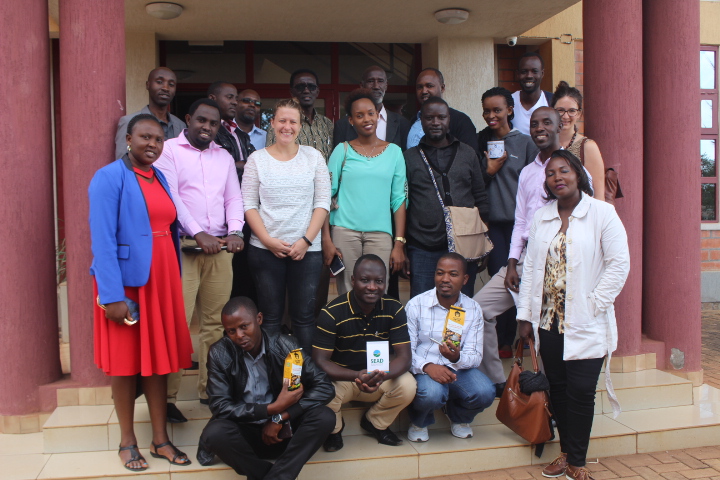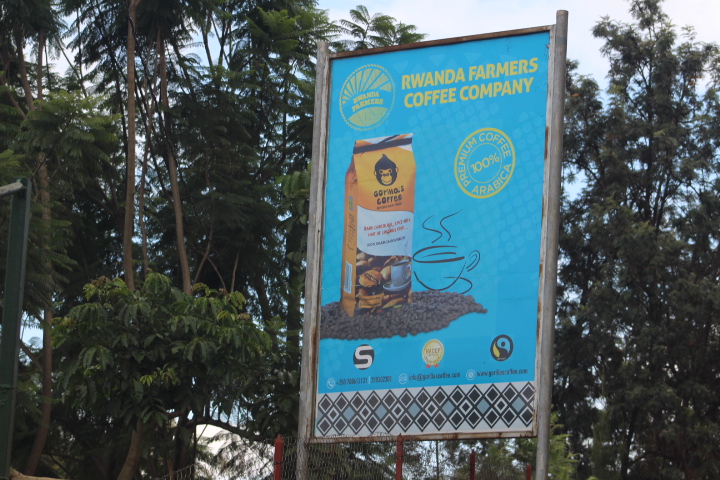SEAD – Entrepreneurship Training
Starting the 21st of May Delft University of Technology (TU Delft) provided a training to lecturers of various Rwanda knowledge institutes on entrepreneurship focusing on the 10 step Valorisation Canvas. The training was provided by Frederieke Muijs (Innovation & Impact Centre) and Ellen van Andel (Delft Centre for Entrepreneurship) and requested by the SEAD project aimed at strengthening capacity to achieve sustainable food security in Rwanda, funded by Nuffic. A week filled with various activities ranging from practicing using tools like the Business Model Canvas to receiving guest lectures from entrepreneurs in Rwanda.
Monday was all about the introductions and business ideation which was addressed by focussing on agricultural value chains. By looking at the various agricultural value chains e.g. potatoes it becomes easier to identify related challenges and to discuss and come up with possible opportunities.
After encouraging the participants to come up with potential business ideas on Tuesday a number of organisations were invited to present their own business. An ideal moment to strengthen the ties between the knowledge institutes and the private sector, and to showcase innovative entrepreneurs already active in Rwanda and abroad. Dok Mai, one of the businesses represented in the guest lectures, rightfully described Rwanda as “not only the land of 1000 hills but also a land of 1000 opportunities.”
Wednesday was all about seeing entrepreneurship in practice and strengthening the ties between knowledge institutes and the private sector. The first company visited was Gorillas Coffee. What once started off as a small initiative roasting and producing high quality coffee for the local market, now exports good coffee to Europe and the US. This was followed by a visit to Africa Improved Foods, a DSM subsidiary. Africa Improved Foods currently produces high quality porridges premixes for both infants and new mothers. An eye opener to all participants showcasing an urgent need to increase the amount of locally produced maize and soya.
The last 2 days were centred around conducting a needs assessment, putting oneself in the shoes of their customer, the empathy map, and presenting their ideas to the public.
All in all an active, participatory workshop week which will be followed by a period of 3 weeks during which they will receive online coaching and will be requested to work on a homework assignment related to entrepreneurship education and business case development. The training will be completed with a fulltime workshop week during which the participants present their ideas to members of the Dutch Embassy in Kigali and private sector organisations.
It was an insightful week where both participants and trainers learned a lot from exposure to the TU Delft approach towards entrepreneurship education. One thing that has become clear is that Rwanda has a lot of potential when it comes to entrepreneurship, a country faced with many challenges which in turn have countless solutions hence business opportunities.

